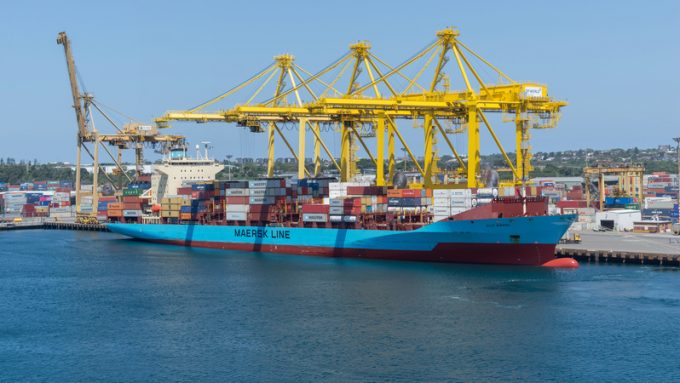Mixed response in US to 'Liberation Day', while China leads wave of retaliation
Some shippers have paused transport into the US amid the chaos thrown up by the ...

Despite signs of a rapprochement between docker unions and container terminal employers in the port of Sydney, shippers have been warned to expect continuing congestion in container supply chains.
And some carriers are refusing bookings for shipments to the port.
Yesterday, Maersk announced a temporary suspension on Sydney bookings, likely to last until the end of the month.
It said: “To remove uncertainty for our customers’ supply chain and to assist handling of our vessels calling Sydney, Maersk is taking the difficult decision ...
Asia-USEC shippers to lose 42% capacity in a surge of blanked sailings
USTR fees will lead to 'complete destabilisation' of container shipping alliances
Outlook for container shipping 'more uncertain now than at the onset of Covid'
New USTR port fees threaten shipping and global supply chains, says Cosco
Transpac container service closures mount
DHL Express suspends non-de minimis B2C parcels to US consumers
Zim ordered to pay Samsung $3.7m for 'wrongful' D&D charges
Flexport lawsuit an 'undifferentiated mass of gibberish', claims Freightmate

Comment on this article